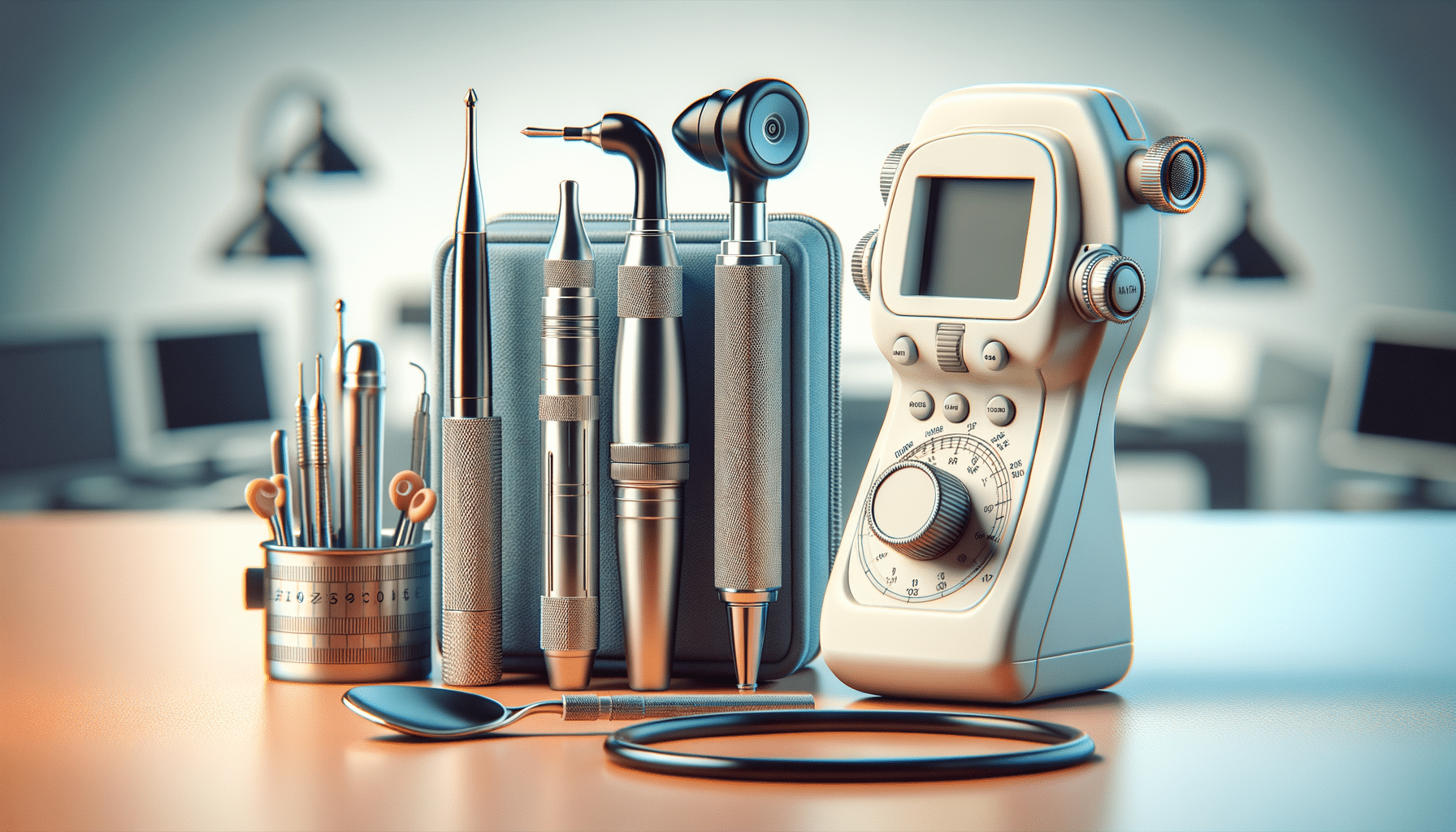
Understanding the Importance of Hearing Checks
The Significance of Regular Hearing Checks
Hearing checks play a vital role in maintaining overall health and well-being. As one of the primary senses, hearing significantly impacts how we interact with the world around us. Regular hearing checks can help in the early detection of hearing loss, which is crucial for effective management and treatment.
Hearing loss can affect anyone at any age, though it is more prevalent among older adults. According to the World Health Organization, over 5% of the world’s population suffers from disabling hearing loss. Early detection through regular hearing checks can prevent further deterioration and improve quality of life.
Regular checks are not only important for detecting hearing loss but also for identifying other auditory issues such as tinnitus or balance disorders. By addressing these problems early, individuals can avoid potential complications and maintain a higher quality of life.
What to Expect During a Hearing Check
For those who have never undergone a hearing check, the process might seem daunting. However, understanding what to expect can alleviate any anxiety. A typical hearing check is non-invasive and straightforward, usually taking less than an hour.
The process typically begins with a discussion about any hearing concerns and a review of medical history. This is followed by a physical examination of the ears to check for any visible issues, such as wax buildup or infection.
Next, an audiologist or hearing specialist will conduct a series of tests to evaluate hearing ability. These tests may include:
- Pure-tone testing: Determines the faintest tones a person can hear at various frequencies.
- Speech testing: Assesses the ability to hear and understand speech at different volumes.
- Tympanometry: Evaluates the condition of the middle ear and eardrum.
After the tests, the audiologist will discuss the results and recommend any necessary treatments or interventions.
Common Causes of Hearing Loss
Understanding the causes of hearing loss can help individuals take preventive measures. Hearing loss can result from various factors, both environmental and genetic.
Some common causes include:
- Age-related hearing loss: Also known as presbycusis, this is the gradual loss of hearing as people age.
- Noise-induced hearing loss: Prolonged exposure to loud noises, such as music concerts or industrial machinery, can damage the delicate structures in the ear.
- Ear infections and diseases: Conditions like otitis media or Meniere’s disease can lead to temporary or permanent hearing loss.
- Genetic factors: Some forms of hearing loss are hereditary and can be passed down through generations.
By identifying and understanding these causes, individuals can take steps to protect their hearing health.
Benefits of Early Detection and Intervention
Early detection of hearing issues through regular checks offers numerous benefits. When hearing loss is identified early, individuals have a better chance of managing the condition effectively and maintaining their quality of life.
One of the primary benefits of early detection is the ability to use hearing aids or other assistive devices. These tools can significantly improve communication and reduce the social isolation often associated with hearing loss.
Additionally, early intervention can prevent further deterioration of hearing ability. By addressing the issue promptly, individuals can avoid complications such as cognitive decline, which has been linked to untreated hearing loss.
Ultimately, regular hearing checks empower individuals to take control of their auditory health and improve their overall well-being.
How to Encourage Regular Hearing Checks
Encouraging regular hearing checks is essential for promoting auditory health. Many people neglect hearing health due to lack of awareness or misconceptions about hearing loss.
Education plays a crucial role in changing this mindset. By raising awareness about the importance of hearing checks and the potential consequences of untreated hearing loss, individuals can be motivated to prioritize their auditory health.
Healthcare providers and organizations can also play a vital role by offering accessible and affordable hearing check services. Community outreach programs and health fairs can provide opportunities for free or low-cost screenings.
Ultimately, fostering a culture that values regular hearing checks can lead to better health outcomes and improved quality of life for individuals of all ages.


